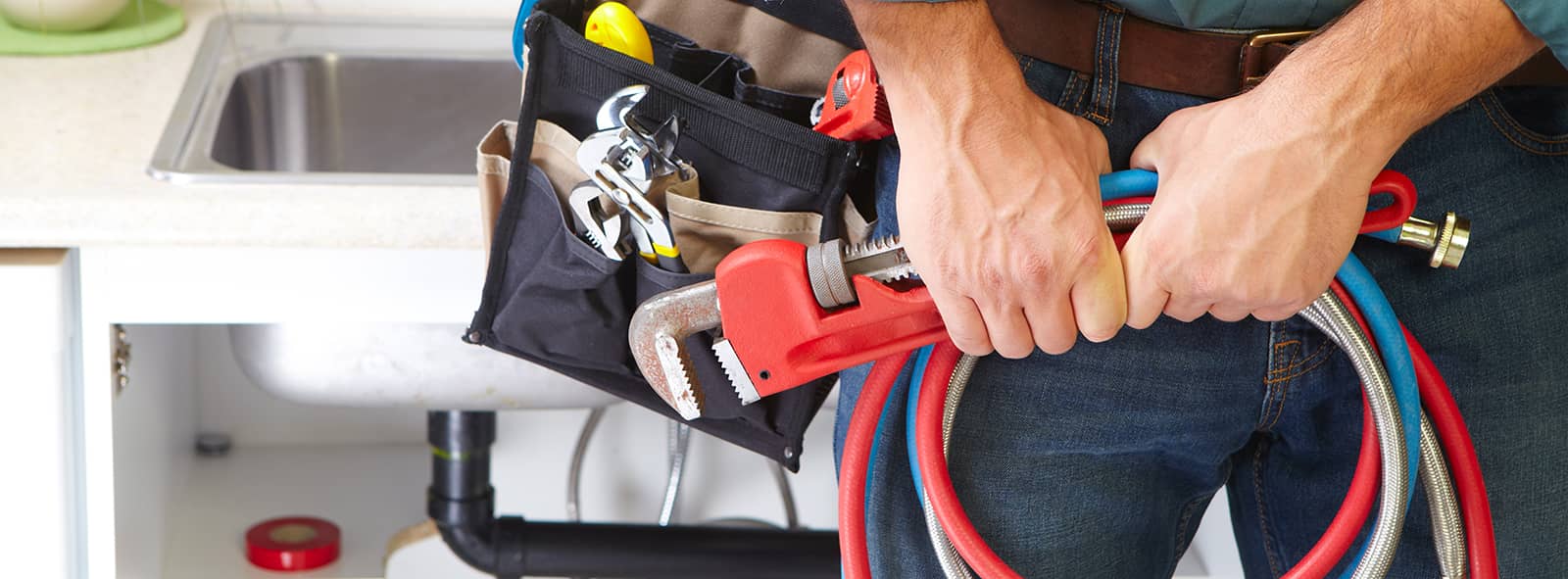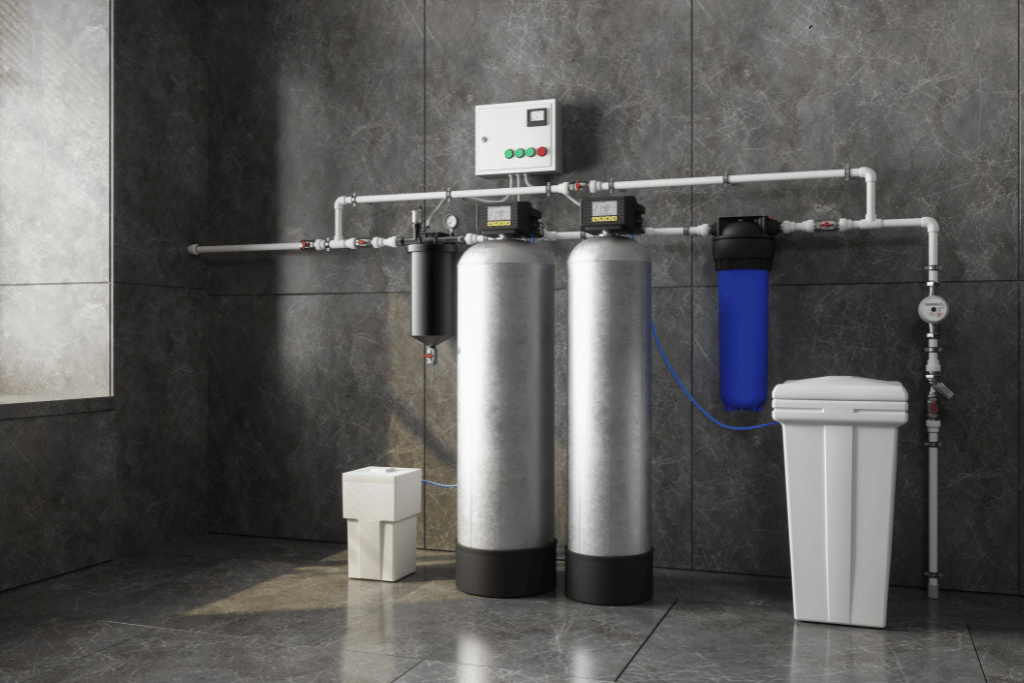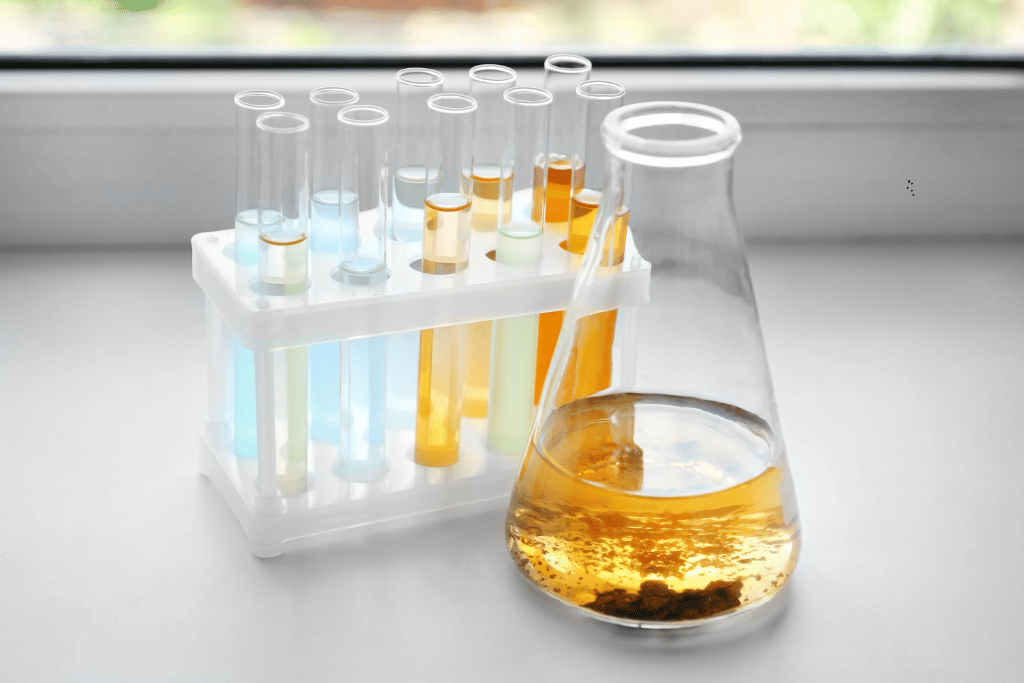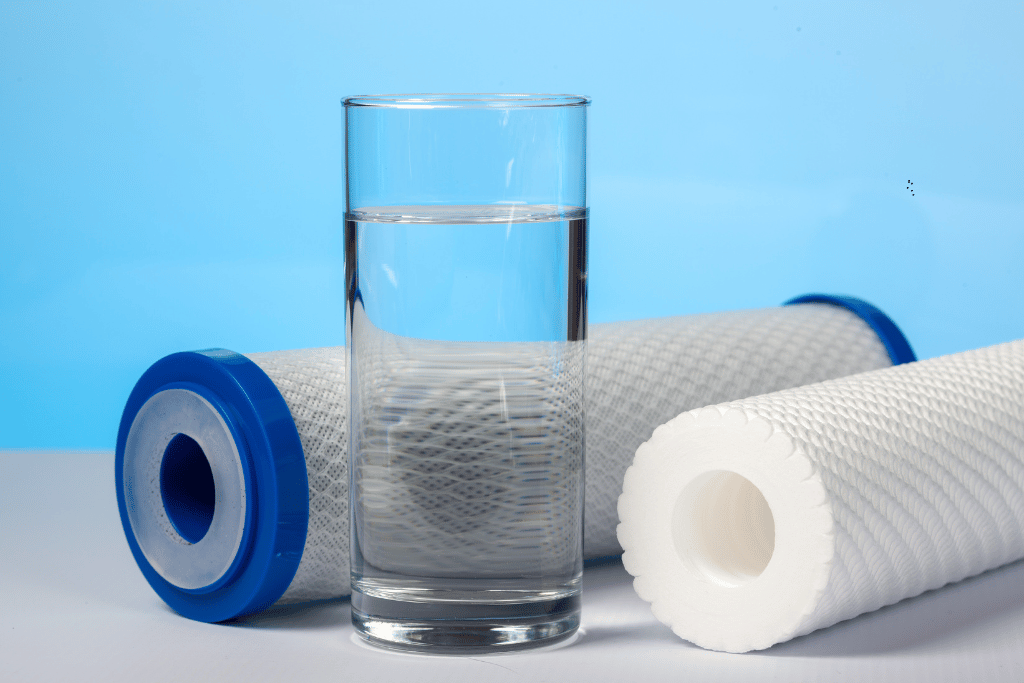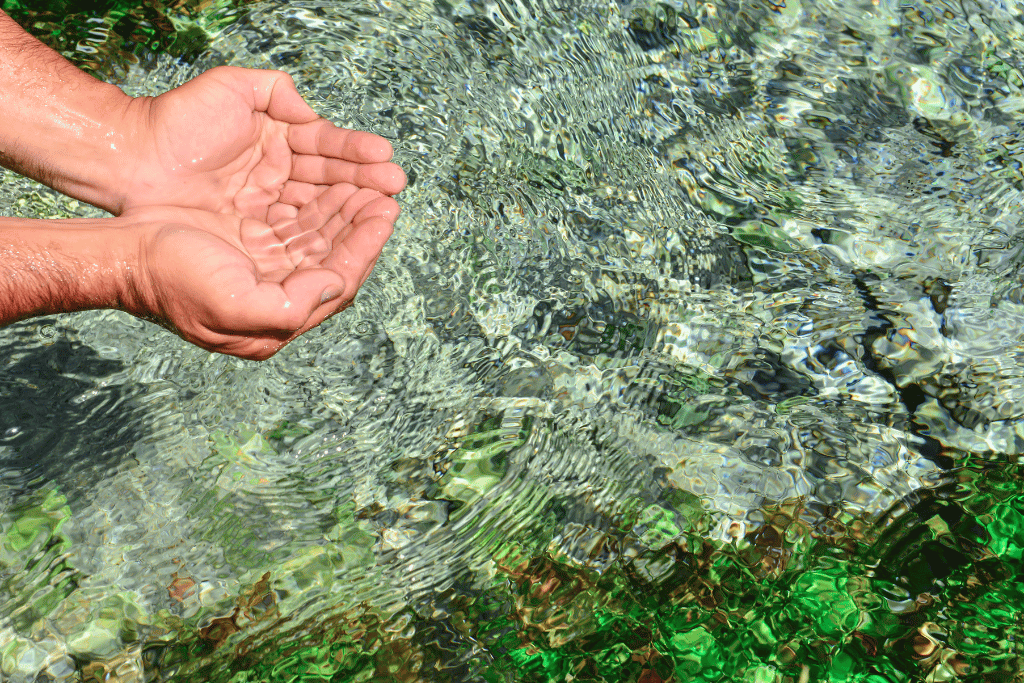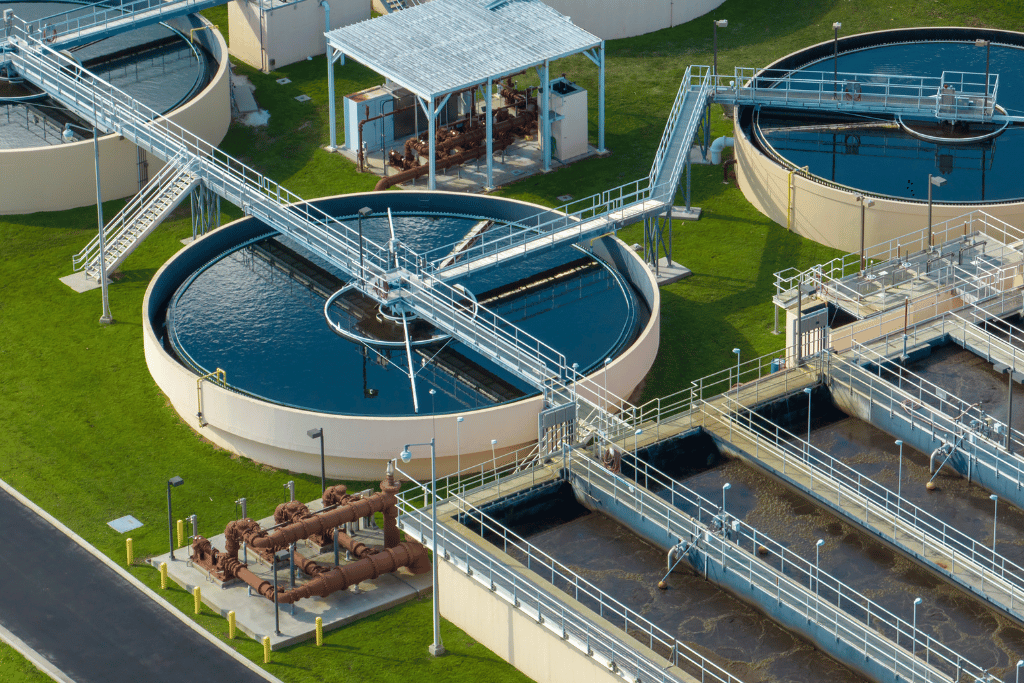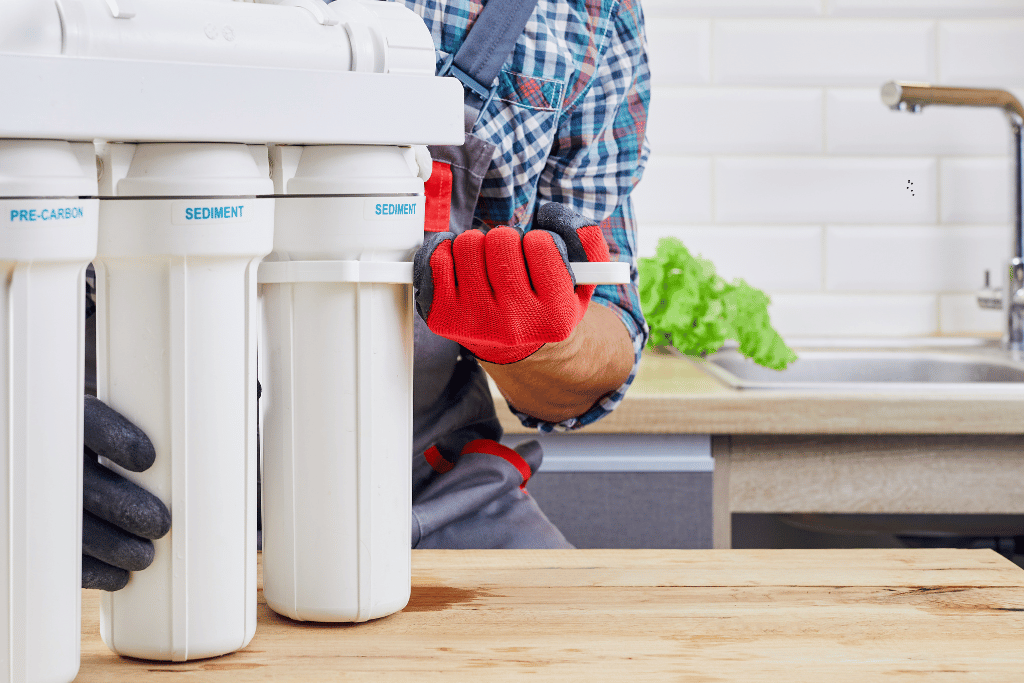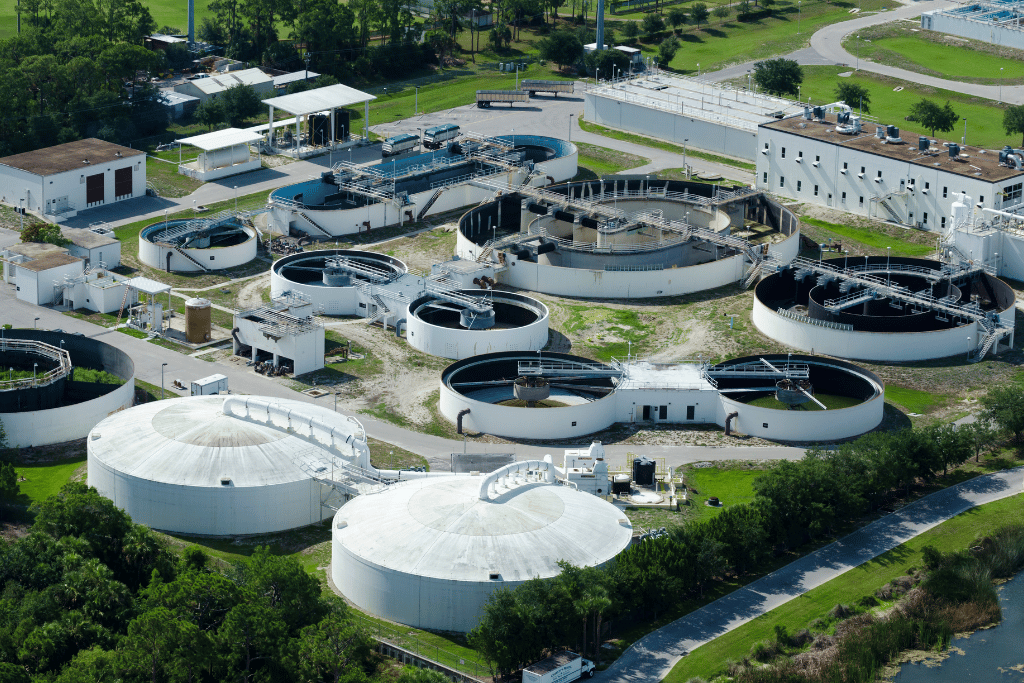Water can be contaminated by a variety of substances, both natural and man-made. These contaminants can pose serious health risks and affect the taste, odor, and appearance of water. Some of the most common water contaminants include:
Natural Contaminants
Bacteria and Viruses: These microorganisms can cause waterborne diseases, such as cholera, typhoid, dysentery, and E. coli infections. They thrive in warm, nutrient-rich environments, making surface water sources particularly susceptible to contamination.
Minerals: Excessive minerals, such as iron, manganese, and lead, can affect the taste, odor, and appearance of water. Iron and manganese can cause discoloration and staining of fixtures, while lead can be toxic to human health, especially in young children.
Arsenic: A naturally occurring element that can contaminate groundwater. Arsenic exposure has been linked to various health problems, including skin cancer, bladder cancer, and cardiovascular disease.
Nitrates: Can contaminate groundwater from agricultural runoff and septic systems. High levels of nitrates can pose a health risk to infants, causing a condition known as “blue baby syndrome.”
Radon: A radioactive gas that can dissolve into groundwater. Radon exposure has been linked to lung cancer.
Man-Made Contaminants
Chlorine: A disinfectant used in municipal water treatment, but can also react with organic matter to form harmful byproducts, such as trihalomethanes (THMs). THMs have been linked to various health problems, including liver and kidney damage.
Heavy Metals: Lead, mercury, copper, and other heavy metals can contaminate water from industrial waste, old plumbing, and other sources. Lead exposure can have serious health consequences, especially in young children, including brain damage and developmental delays.
Pesticides and Herbicides: Agricultural chemicals that can leach into groundwater. Pesticides and herbicides can harm aquatic life and pose a health risk to humans.
Pharmaceuticals: Prescription drugs and over-the-counter medications can enter water supplies through wastewater treatment plants. Pharmaceuticals can have adverse health effects on humans and wildlife.
Industrial Wastes: Chemicals and other pollutants released by industries can contaminate water sources. Industrial waste can contain a wide range of harmful substances, including heavy metals, solvents, and acids.
It is important to be aware of the potential contaminants in your local water supply and to take appropriate steps to ensure that your drinking water is safe. This may involve testing your water regularly, installing a water filter, or relying on a municipal water treatment system that is regularly monitored and maintained.
